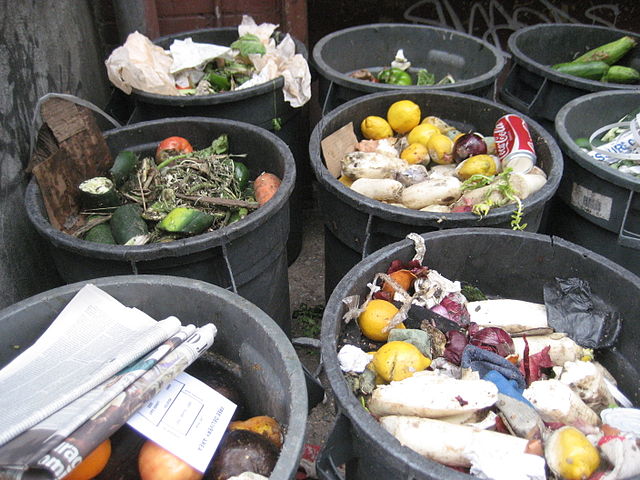Lets work together



Suite 3A, Chapel Allerton House, 114 Harrogate Road, Leeds, LS7 4NY
ukinfo@integrated-skills.com
+44 (0) 3300 888 670

The UK’s zero-waste-to-landfill goal involves the reduction, reuse and recycling of items. One of these steps has the highest level of impact on this goal: reduction. The more that waste can be reduced, the less waste that will be needed to be reused or recycled. There are several ways in which waste can be reduced.
Understand how Products Affect the Environment – The Plastic Straw
There are many products which we consider to be convenient that actually become very harmful once they get into the environment. The plastic straw is one of these items. Straws can become trapped in the nostrils of sea turtles and other creatures, as well as pollute marine environments.
Most straws are made of recyclable plastics. Unfortunately, straws are one of the least-recycled items, because many facilities don’t recycle products used for the consumption of food. The result is millions of plastic straws ending up in landfills or being blown into waterways.
There are several alternatives to the plastic straw, including reusable glass straws, stainless steel straws and those made from biodegradable bamboo. Of course, you can also choose not to use straws at all.
The Plastic Water Bottle
Plastic water bottles are a continuing problem in the UK. 13 billion plastic bottles end up in landfill each year, and it is estimated that a single plastic bottle can take between 450 and 1000 years to completely decompose! There are several alternatives to the plastic water bottle, including stainless steel and glass available on the market. Just like with bulk product purchases, these reusable bottles cost less in the long run, as well as save time in travelling to purchase them.
Plastic Bags
If one estimate is accurate, as many as one trillion plastic bags may be being used globally each year. Just like plastic bottles, bags made of plastic are huge contributors to plastic pollution, and are a growing problem for landfills. These items can take anywhere from 20 to 1,000 years to decompose. Not only that, but plastic bags are responsible for thousands of wildlife deaths each year. When they reach the ocean, plastic bags can look like jellyfish to predators, who then ingest them. The bags block the intestines of predators, leading to a lingering death.
What’s worse, because plastic bags take so long to decompose, they can be re-released into the environment following the death and decomposition of the animal who ingested them. Indeed, a single plastic bag can become a serial killer.
There are so many alternatives to plastic bags, including paper, biodegradable and cloth bags, which are also very readily available.
Paper
It is estimated that each person in the UK consumes approximately 4.48 trees in paper each year. This staggering figure is reason enough to eliminate as much paper as possible. The good news is that the proliferation of hand-held technology is quickly making paper obsolete. Today, digital tickets are just as valid as those made from paper. As well, it is easy to snap a picture of someone’s contact details or enter them into your device rather than use paper to write them down.
Bulk Purchases
The large amounts of packaging for our household products and food can be greatly reduced via bulk purchase. Many items are available to be purchased in bulk, including toiletries, dry goods and fabric softener. Purchasing these goods in smaller sizes on a more frequent basis requires the production of additional packaging. However, there is another disadvantage, which is higher cost. Ten small bottles of fabric softener will end up costing more money than a large bottle containing the equivalent of ten small bottles.
When you take a closer look, it becomes evident that there are literally hundreds of easy ways to reduce the waste that’s being generated. All that’s required is a different perspective – a change in mindset – of how you use everyday items.
www.ukisl.com
Would you like to know more about Practical Methods Of Reducing Household Waste? Fill in your details below and let us know how we can help.
Website Designed & Built by we are CODA